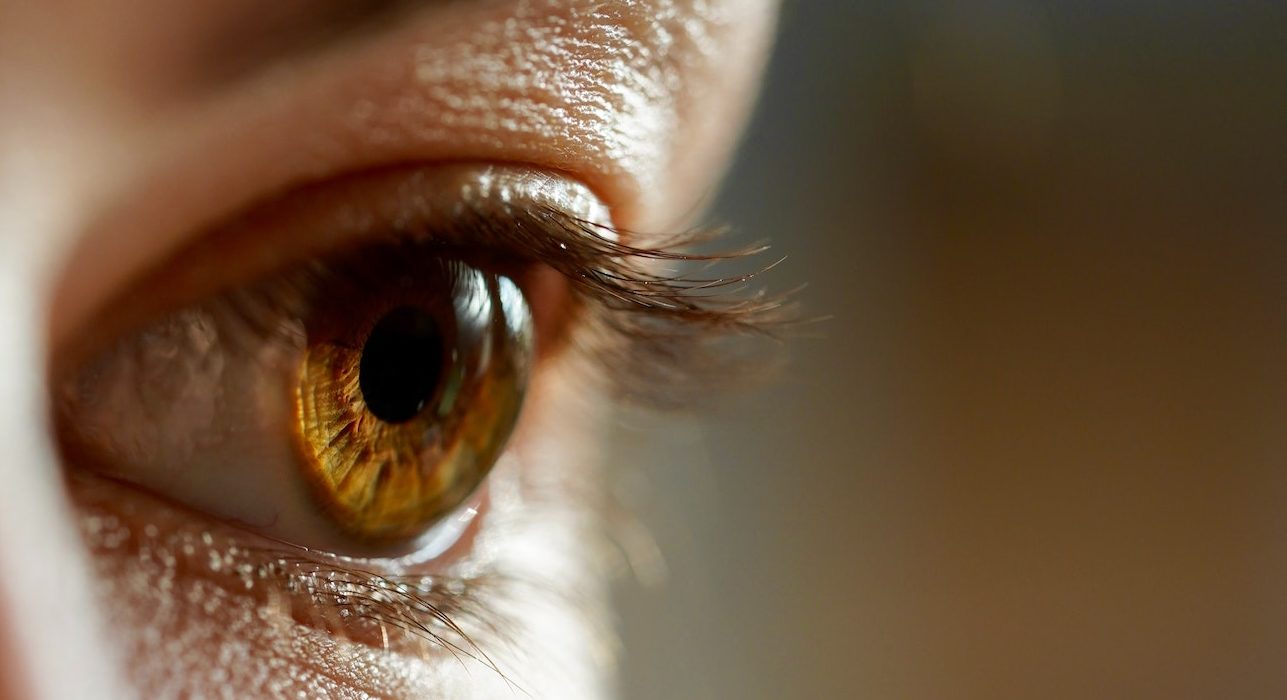Behavioural science in marketing is taking off. And rightly so, with all the benefits it brings. But, just in case you need more convincing before diving in, here’s why I think it pays to apply science.
Traditional marketing theory tends to be based on subjective opinion and anecdotal evidence. Behavioural science offers a complementary approach, grounded in psychology research. Consider it a companion to your work, a tool to inspire new ideas and offer confidence.
I tend to think of the advantages of behavioural science in terms of the three R’s — relevance, robustness and range.
Relevance: behaviour lies at the heart of marketing
First, what could be more relevant? Behavioural science is essentially the study of decision making — what is it that makes us choose one course of action over another? And as marketers, we are all aiming to influence decisions. Whether that’s a decision to buy or not, to switch brands, or to quit or start a new habit. All of these involve switching your customers’ behaviour from what they’re doing now, to what you want them to do.
So, if you work in marketing or comms, you’re already working in behaviour change. Because if you haven’t managed to influence behaviour, your marketing activities haven’t worked. Behavioural science offers exciting new depths of evidence to fuel your strategic and creative approaches.
Robustness: a scientific approach
Second, behavioural science is more robust than most marketing theory. It can offer more reliability than the usual finger-in-the-air approach, where we do things simply because they seem plausible. With behavioural science, we have decent evidence to go on. It lets us make marketing decisions based on the work of leading scientists and Nobel laureates — think Kahneman and Thaler — rather than the loudest voice in the meeting room.
Using behavioural science will give you new confidence in your ideas. And when you are looking for sign-off from a range of stakeholders, scientific justification might smooth the way. As Creative Director Ryan Wallman (@Dr_Draper) puts it, behavioural science can help the creative right-brained among us to convince the analytical left-brainers about the potential effectiveness of our more daring ideas.
Range: something for everyone
Third, there’s a vast breadth of evidence, built up over decades of research. You will almost always find a piece of research that could help solve your challenge.
Of course, knowing where to start your search can be tricky, but that’s why I’ve written two books to help you – The Choice Factory, and The Illusion of Choice. I’ve outlined some of the most useful psychological research and linked it to marketing. Because a list of biases can be too abstract to be useful — you need insights into how you might apply them.
For all of these reasons — if you base your marketing on behavioural science, when you get into that meeting, your ideas are more likely to be heard, and more likely to work.
Richard Shotton
Uutiskirjeen tilaajana saat markkinoinnin ja viestinnän uutiset sekä uusimman MRKTNG-lehden ensimmäisten joukossa. Saat myös viikottain koulutuksistamme kerättyjä vinkkejä käyttöösi sekä tietoa järjestämistämme koulutuksista.
